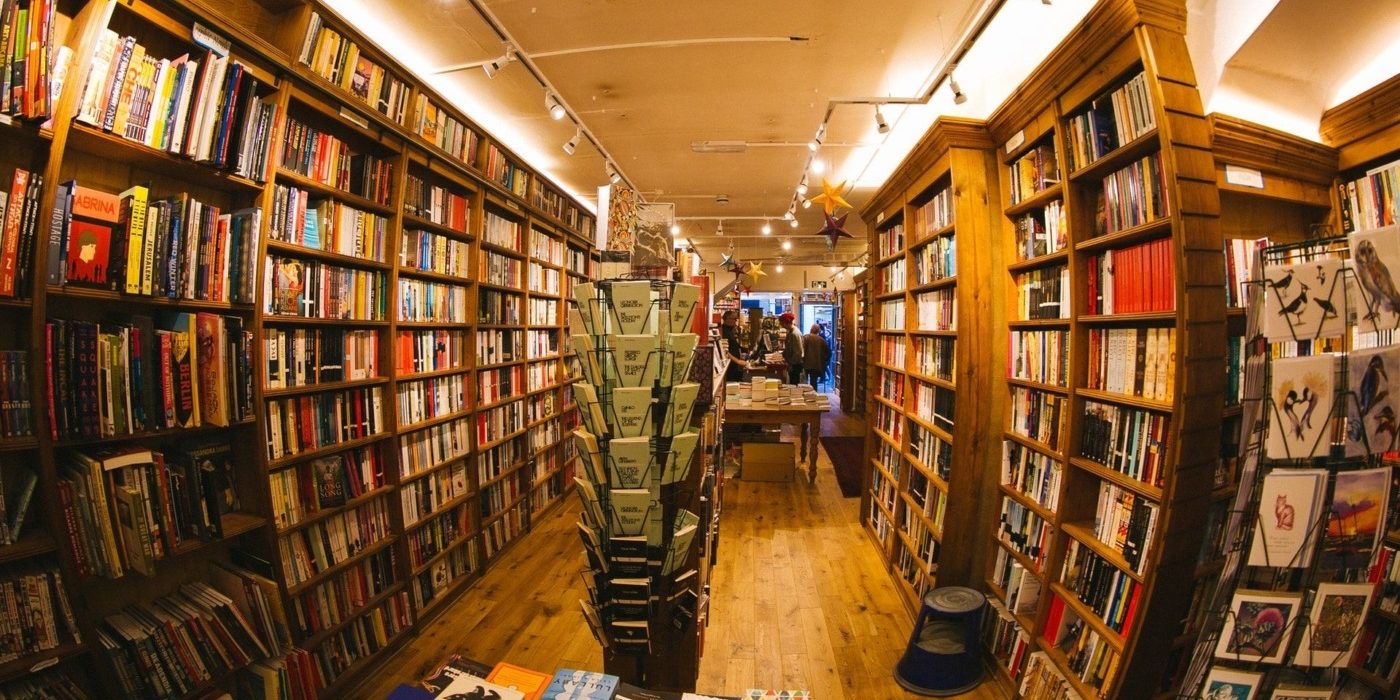Bookshops are beacons of community and education
A bookshop is one of the few places that I can visit across the world and feel entirely at ease. It doesn’t matter if I understand the language of the books. The atmosphere and style of a bookshop gives me comfort and pleasure. Whether it’s how the books are arranged, the exciting different covers, or simply the chance to browse literary treasures, bookshops provide a solace and escape to so many in a worrying world with an uncertain future.
Sadly though, bookshops haven’t escaped the consequences of the coronavirus pandemic. Just like every non-essential shop, they have shut their doors for the foreseeable future. While some will operate as an online service, the enjoyment from visiting a physical store has vanished quickly. I can no more gain that small satisfaction from strolling into town specifically to select a book I know is for sale.
The government must step in to support their continued success and sales. Plenty of people were and still are shopping for books. The government has already intervened to prevent individuals from going out and has commanded shops to close their doors. If they can intervene in that situation, what is wrong with providing an additional sum of money?
In an age where many can access information from confusing Twitter links or unreliable blogs, the book remains a location for non-fiction trust
It’s important to remember how important books are. They are commercial products like no other. Bookshops are places for education to take place outside the classroom. Thanks to inviting authors in and the range of reads on offer, they allow children and adults alike to expand their minds and understand the world in a better way. There is no doubt that plenty of books about the coronavirus will be released following the pandemic. Isn’t it important to know what happened and what went so catastrophically wrong? It is vital bookshops are able to purchase this stock for public access.
The pursuit of knowledge is something to celebrate. In an age where many can access information from confusing Twitter links or unreliable blogs, the book remains a location for non-fiction trust. Books will have been fact checked by authors, editors and lawyers before entering publication. For developing knowledge and understanding, they are therefore essential.
This support is something that may seem secondary or artificial. For many people with a small disposable income, a bookshop may seem a secondary concern. Perhaps they would rather spend any spare money on clothes rather than a Booker Prize long list. Besides, libraries are available to give everything away for free. But, bookshops are still required.
The joy of permanently owning a book is that ability to re-read with the chance to go and reference information that had been forgotten the first time round. While the book could be available in the library, there is every chance it’s on loan. Besides, if someone found out they were paying a little bit more tax to support a bookshop, are they really going to object?
It is unclear how severe the economic consequences of the pandemic will be. The trend may be international, but that doesn’t make the feeling any better in the UK. I imagine large corporations like Waterstones and Blackwell’s will survive. While I love both of them, they wouldn’t be my priority for any government funding. Instead, I believe funding should go to independent bookshops. For those that have been open for a sustained period of time, their continued survival in a time of online books and cheap competition justifies a temporary level of government support.
When imagining the future, previous generations would have thought any bookshop would have been replaced by a technology shop by now
The world is in a period of upheaval. Even before the coronavirus pandemic, change and modernisation were the norm. While I broadly support this, it can mean history is swept away and forgotten. I speak of many things including the independent bookshop. To me, they represent the very best of capitalism: surviving through generations, but prioritising the transference of knowledge over international success. There are numerous examples throughout the UK: the Petersfield Bookshop in Hampshire, the Wigtown Bookshop in South Scotland or David’s Bookshop in my home city of Cambridge. All of them have a rich and valuable history by providing a sense of place and heritage.
It is extraordinary to think that bookshops continue to survive to the present day. They are entities that have existed for centuries. When imagining the future, previous generations would have thought any bookshop would have been replaced by a technology shop by now. The situation is not mutually exclusive; the two can exist alongside one another.
Just as the UK embraces the post-coronavirus future and the excitement it can offer, society should also appreciate its past and history. Bookshops that were founded hundreds of years ago are just as relevant, important, and necessary today as they were hundreds of years ago.

Comments